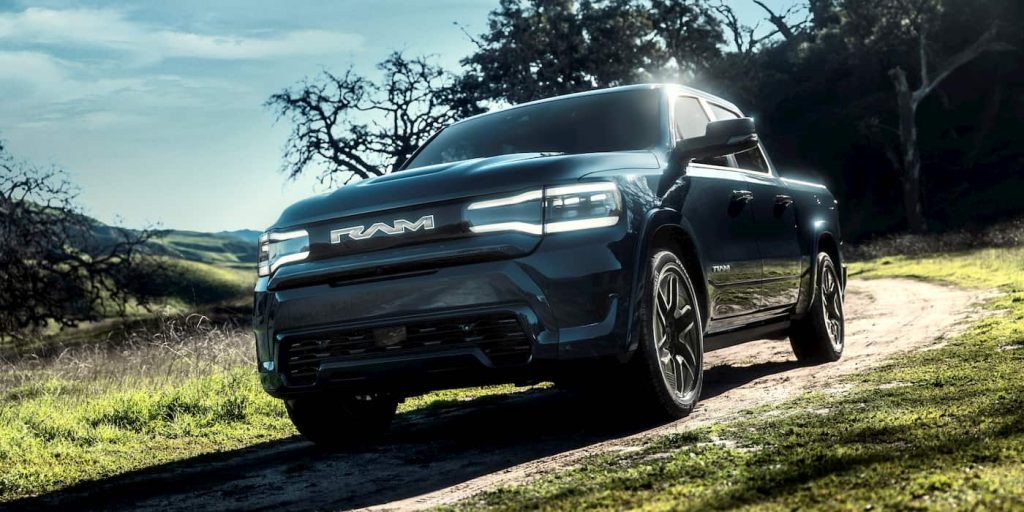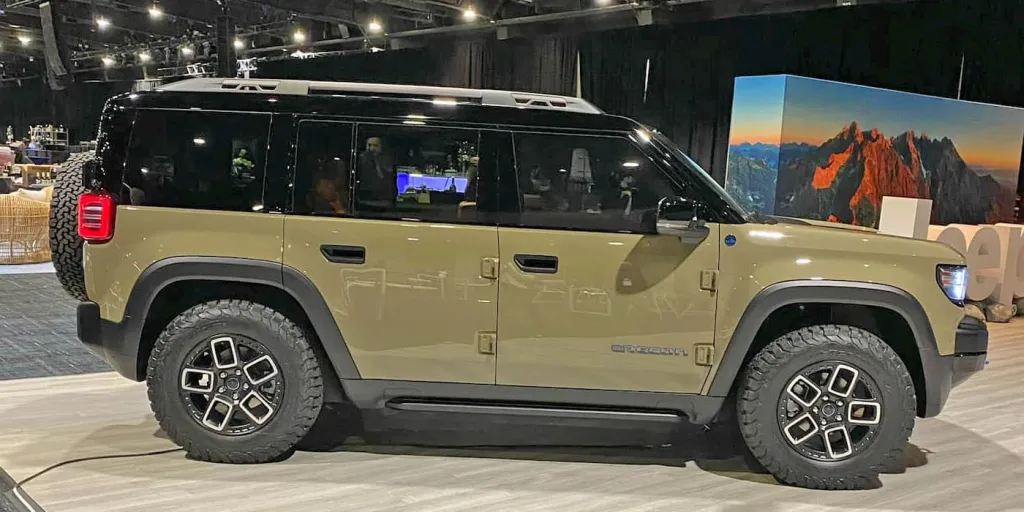
On Thursday, Stellantis revealed a new investment in Lyten, an advanced materials company and pioneer behind lithium-sulfur EV battery tech.
Silicon Valley-based startup Lyten says its LytCell lithium-sulfur EV battery addresses the challenges typically associated with sulfur, enabling twice the energy density, improved payload, and roughly a 60% lower carbon footprint than traditional lithium-ion EV batteries.
CEO Dan Cook said, “We think this is what mobility needs to achieve net zero” during a media roundtable Wednesday.
According to Lyten, the key is the company’s proprietary “3D graphene” supermaterial. Although 2D graphene has been around since 2004, winning a Nobel Prize in 2010, Lyten took it a step further by taking it from the lab to commercial applications.
Lyten uses its patented reactor tech to transform methane into 3D graphene that can react with more materials, including sulfur, while improving strength, conductivity, and permeability.
As an alternative to nickel, manganese, and cobalt batteries, Lyten’s tech offers the potential for a lower bill of materials with higher energy density.
Perhaps most importantly, the raw materials can potentially be sourced and produced entirely in the US, Canada, or Europe to take advantage of the growing incentives, such as those in the Inflation Reduction Act, to boost supply in key auto markets.
Stellantis invest in Lyten for lithium-sulfur EV battery tech
Stellantis Ventures, the corporate venture fund behind the automaker, announced a key (undisclosed) investment in Lyten’s series B fundraising campaign. Carlos Tavares, Stellantis CEO, praised the technology, saying:
Having recently visited Lyten together with our CTO, Ned Curic, and our head of Stellantis Ventures, Adam Bazih, we walked away impressed by the potential of this technology to help drive clean, safe, and affordable mobility.
Tavares added:
Specifically, Lyten’s Lithium-Sulfur battery has the potential to be a key ingredient in enabling mass-market EV adoption globally, and their material technology is equally well positioned to help reduce vehicle weight, which is all necessary for our industry to achieve carbon net zero goals.
As part of Stellantis’s Dare Forward 2030 strategy, the company aims for 100% of passenger car sales to be electric in Europe and 50% in the US by the end of the decade.

Stellantis has several brands, including Jeep and Ram, launching their first EVs in North America. The 2025 Ram 1500 REV electric pickup is due out late next year, while Jeep will be opening reservations for both the Recon and Wagoneer S electric models this year.
Stellantis says it plans to begin deploying Lyten’s EV battery tech into its vehicles in the second half of the decade as it works to introduce a lineup of affordable electric models at scale.

Lyten, on the other hand, is currently looking for its first gigafactory as it currently produces its lithium-sulfur batteries, composites, and sensors at its 145,000-square-foot campus in Silicon Valley. The company believes its technology can be applied to several applications, including EVs, aerospace, and last-mile delivery, to reduce CO2 emissions and improve costs.
Author: Peter Johnson
Source: Electrek



